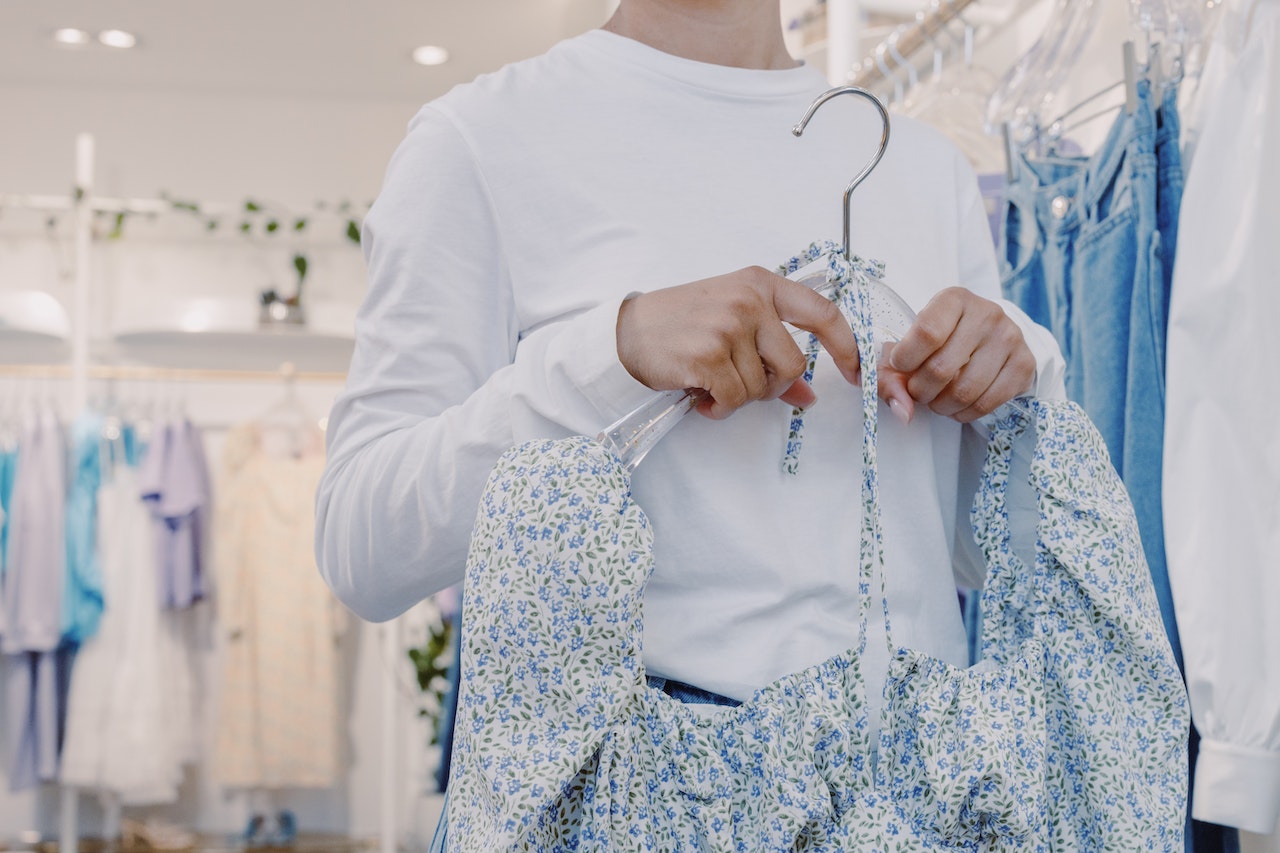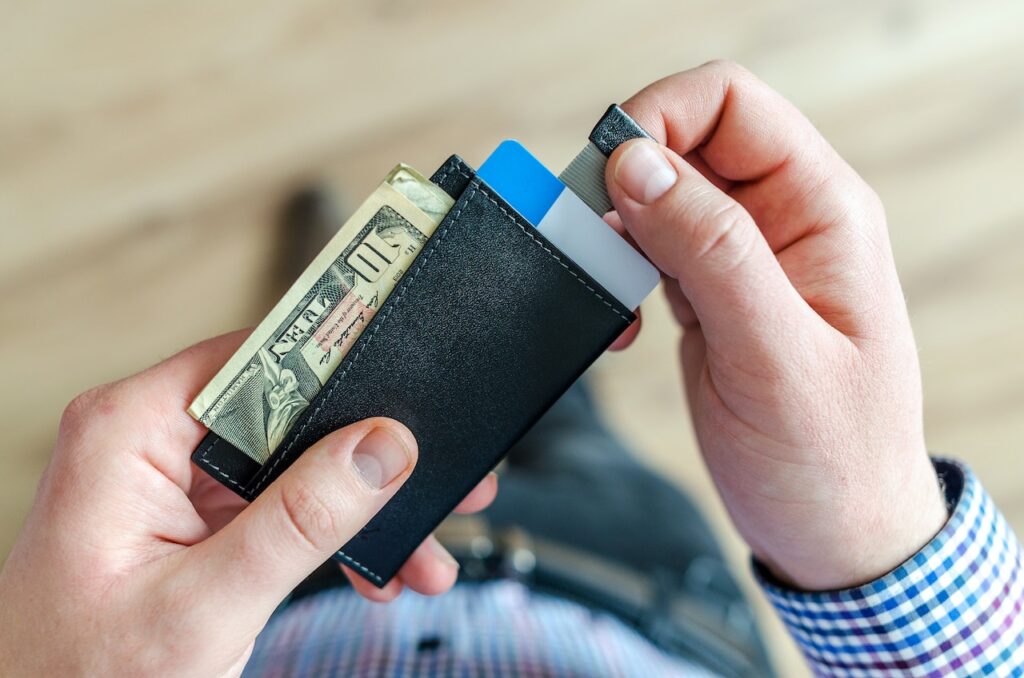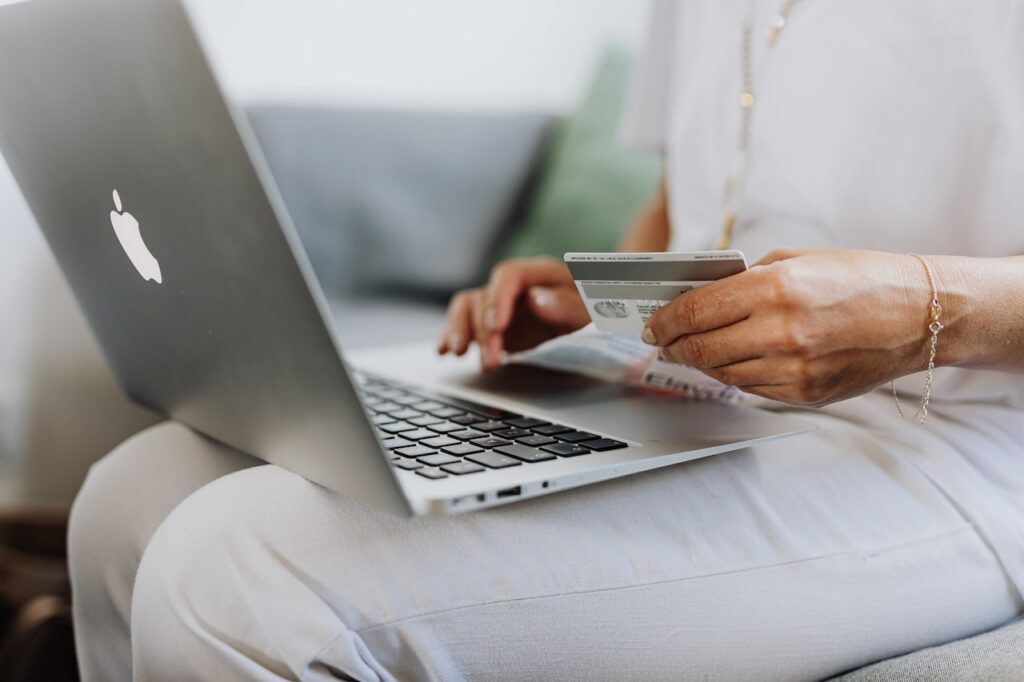Tips
How to Avoid Buyer’s Remorse | Buy Anything Without Regret
Here is how not to feel guilty about your purchase
Published
3 years agoon
By
Mario
A sense of regret or worry that follows a transaction is known as “buyer’s remorse.” It might occur over anything small, like a cup of coffee, or big, like real estate or a car, and most of the time, the guilt is accompanied by tension and worry.
It is a terminology that refers to a duration of mental pain or a severe unfavorable emotion to a purchase that can be related to several things as an outcome of clashing ideas and attitudes.
It may be the anxiety of going over budget, finding a better offer, stressing that you didn’t choose wisely, or feeling down since your choice wasn’t exactly what you intended.
Avoiding Buyer’s Remorse
Nobody wishes to have buyer’s remorse; however, if you constantly second-guess your purchases, use the following advice to help avoid it:
Conduct a Research
Have you ever experienced spending money on something you didn’t need or could have had for less? If so, your purchase was impulsive. Make sure you do your research before shopping to avoid this common mistake.
My basic rule is that everything costing more than $50 needs to be investigated and approved by my spouse. You can avoid wasting money on unnecessary purchases if you follow this guideline or one similar to it.
When you hear “research,” you might picture walking from store to store or scanning the Sunday newspaper for ads. But conducting research online is the most productive course of action.
Read evaluations, evaluate costs, and search for price-matching offers. You may avoid the inconvenience of making repeated store visits by conducting a little online research to offer you the assurance you need to make a wise choice.
Conserve Your Money

When I was younger, Macintosh’s Toffee was my favorite candy. Additionally, I had to put money aside if I wanted a 50-cent bar. For a seven-year-old, it’s a sweet lesson, and for a grownup, it’s crucial.
When you make purchases without saving, the purchaser’s remorse frequently appears. I’m not referring to small purchases like toffee here, but rather bigger ones like a new flat-screen TV or laptop computer.
Although using credit to purchase the item could make you joyful right now, paying off the item with interest can be a real bummer. Saving money and paying cash for purchases leave you feeling proud rather than guilty.

Shift Your Focus Away
“Time-sensitive deal! Take action right away! These well-known gimmicks entice you and promote impulsive purchases that leave you feeling guilty. Leave whenever a salesman or commercial puts you under pressure.
Rarely is a sale so steep that you can’t get the same offer at another retailer, and you get out of the pressure situation by leaving.
Place a reminder on your smartphone for a couple of weeks from now if you’re interested in making the purchase. Reconsider your desire for the item after the alarm goes off. Your mindset will likely have changed by then.
Consider Using Applications
Using smartphone apps to prevent fraud is a brilliant idea. For instance, scanning an item’s barcode using the ShopSavvy app will tell you how much it costs both online and at nearby stores. RedLaser is an additional great app.
While it compares costs, it can also save coupons and the details from your store loyalty cards so you can take advantage of further savings without carrying around a heavy wallet.
Check out the price estimator app. Decide if you don’t need something right away. You can buy now or wait for a better model or price by knowing whether a product is expected to go on sale or if a newer model will soon be released.

Examine The Return Policy
Before reaching for your wallet, give yourself a favor and try asking the cashier about the shop’s return policy. Avoid stores with restrictive or limited return policies; instead, try to shop at establishments with flexible return policies (at least two weeks) and cash-back possibilities.
Even if you never return anything, having the security of knowing that you could help you avoid having second thoughts. Carefully examine the return policy when shopping online to determine if you have to pay for return freight and how long you have to return an item.
A shop should give you enough lead time and offer to cover return shipping costs in all circumstances. However, not every store is so kind unless the product is flawed or inaccurate. Before checking out, review the return policy. If you don’t like the policy, go shopping at other retailers.
Clarify Your Intentions
The last time you felt bad for getting a gallon of milk was when? Perhaps never is the response. You don’t feel guilty about needs because you know you have them.
You need to decide why you’re determined to make a certain purchase to prevent regret; if it’s to keep up with the Joneses or because you sense pressure to buy, it’s time to put it back. Purchases motivated by flimsy justifications are more likely to end in regret.
Final Note
The reality is that almost everyone occasionally suffers from buyer’s regret; even today, I still worry a little bit when purchasing a pair of shoes. The purchase affordability and your desire for the item ultimately determine how you feel about it.
However, as long as you put in the work, resist impulse purchases, and are confident that your purchase is one you can afford, feel free to indulge in the rewards of your toil guilt-free. When did you last experience buyer’s remorse? What did you do in response?

Best Problem-Solving Strategies In Business

How to Start Affiliate Marketing Through Amazon

How to Plan A Wedding On A Budget

10 Reasons Why Budgeting Is Important




